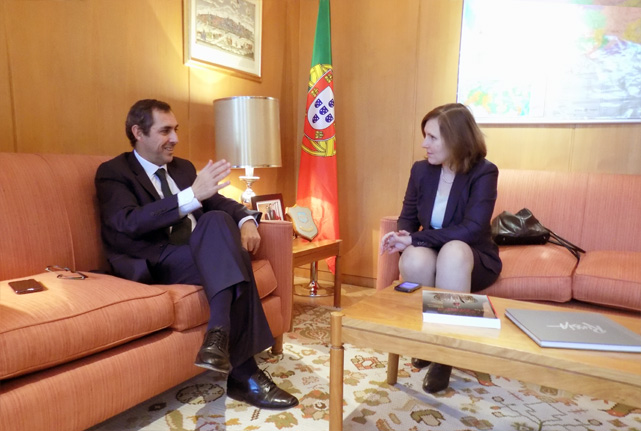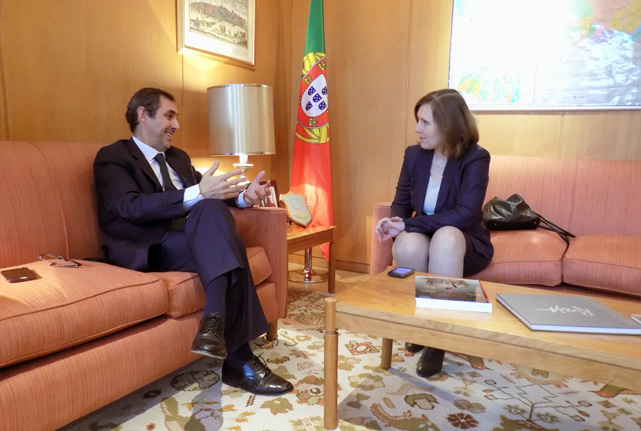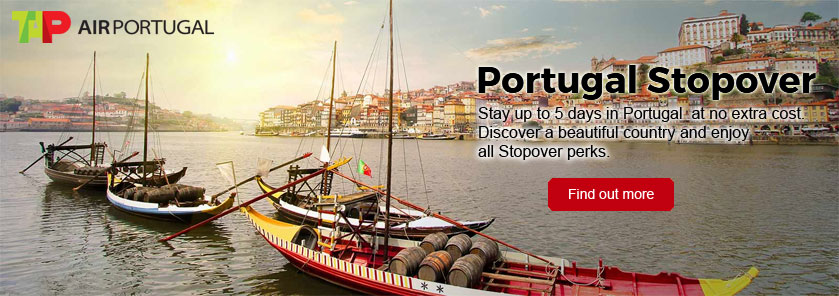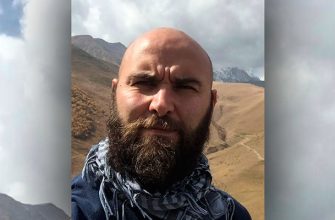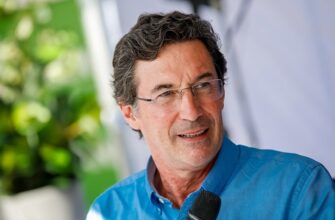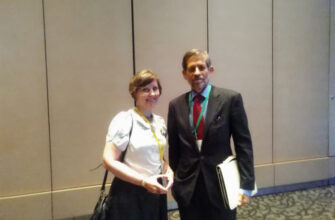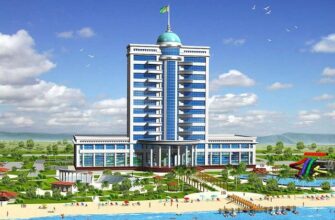Portuguese Ambassador Paulo Vizeu Pinheiro told to media a lot of times that he came to Russia to intensify Russian-Portuguese relations. A person well-known in global and Russian politics and business circles, he is going to make Russia and Portugal closer to each other.
Cultural and political magazine “E-Vesti” was fortunate to interview the Ambassador of Portugal in order to show his personality to our readers. We hope comprehensive confidential conversation will seem interesting for everyone.
EV: Your excellence, why and how you became a diplomat?
P.V. Pinheiro: I’ve graduated in law. I was particularly interested in international law. Because I was interested in moving beyond my country, traveling, knowing other people, knowing other cultures. As well as engaging in dialog with other people.
When I was 11-12 years old, I moved to Spain, and we lived there for almost four years. I always felt I needed to go further and know other countries. Since a very young age I saw airplane wings cross the sky.
When I finished my education, I knew I wanted to do diplomacy. Although I was hesitant for a moment about doing international law, at the end I made my mind for diplomacy.
My father was against it, he wanted me to be a lawyer.
EV: I suppose, your father was a lawyer?
P.V. Pinheiro: No, both my parents were engineers. My father was a civil engineer and my mother was an agricultural engineer specialized in forests. But my father studied engineering and law. I also have a brother who is an engineer, a sister who is a doctor of medicine, and a brother who is an architect. But my father dreamed for his younger son to be a lawyer. He said: “He, the youngest, will study law.”
And, of course, I studied law, but he wanted me to be a lawyer and I said I wanted diplomacy. My father said: “Oh” nevertheless, he always supported me.
There are different forms of diplomacy. Diplomacy is advocating, it is the representation of your country in another country. What makes countries united or closer to each other? You advocating for common interests.
EV: Nothing can come from empty space. Your interest for other countries, cultures, traditions would appear if your parents had interest in it. Did it find a place in life of your family?
P.V. Pinheiro: Yes. I came from a very open-minded family. I grew up reading Russian authors, by the way, from Tolstoy to Dostoevsky and read later Bulgakov. And, of course, there were French, British and other authors. As a child, I listened to Rachmaninoff, Shostakovich and Tchaikovsky.
Basically, we had a chance to choose what we really wanted as a vocation. And I’m satisfied I was able to learn about other countries.
Sometimes you think your country is unique, but if you look at others, you can see cross influences. For example, you have beautiful shawls here. They are exactly the same as the ones we have in the Northern part of the country, Viana do Castelo. There are a number of theories that it was brought from the North, but I think it came from Russia and is used for hundreds of years. This makes our countries similar.
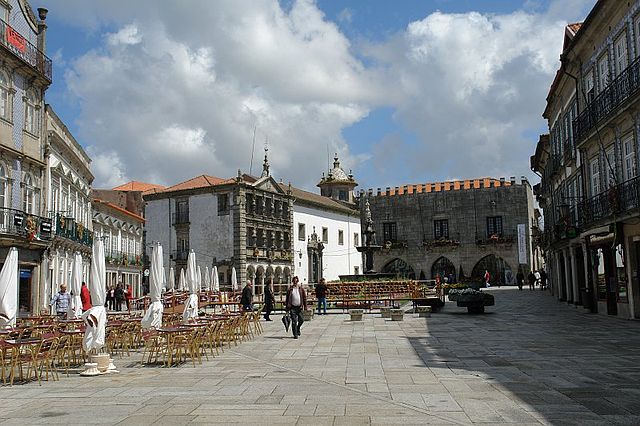
Then the sonority of the guitars. You have balalaika, we have Portuguese guitar. You have three cords, we have twelve cords, but the capacity to extract romantic sounds is similar.
I think Russians and Portuguese people are romantic, sometimes nostalgic. These characteristics unite us.
EV: Dostoevsky and Rakhmaninov, they are all-Russian authors. Did their Russian spirit match with what you found here?
P.V. Pinheiro: Europe had such a strong influence on Russian authors… And “Matrix” is completely Russian. Russia, France, Portugal, Spain are very much influenced by each other. I think we are all Europeans.
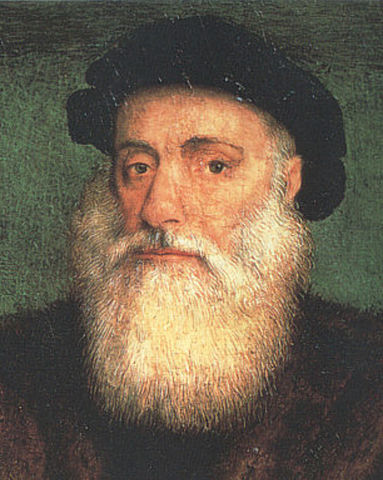
I’ve been told Russia is Euro-Asiatic, but I said Portugal is also Euro-Asiatic, because in the sixteen century Vasco da Gama went to Asia – India, Malacca, then moving to Japan, China and Korea. And many other Europeans came back and brought the flavors, art, music and ideas. So, we have influence from India, China and from Japan. When I came to the Armory, I noticed Euro-Asian influence on Russian art. So, we have many things in common.
This is the lovely part of my mission: to discover how through so many centuries we were close to each other. Now we have to rediscover what makes us strong together. I think cultural events and tourism can help there. People to people, Portuguese to Russia and Russians to Portugal, business should know each other. This is the first challenge: to make it closer.
EV: What is your key cultural interest in Russia?
P.V. Pinheiro: Literature and music were my strongest Russian influence. And, of course, ballet and opera.
Dostoevsky was for me a fundamental writer. He was mandatory in the schools. Then I started reading Tolstoy. It is so interesting! I can feel the way they describe, see it when I go outside Moscow. When you have a look on old buildings, you have a feeling of the environments. So, this is the more important influence.
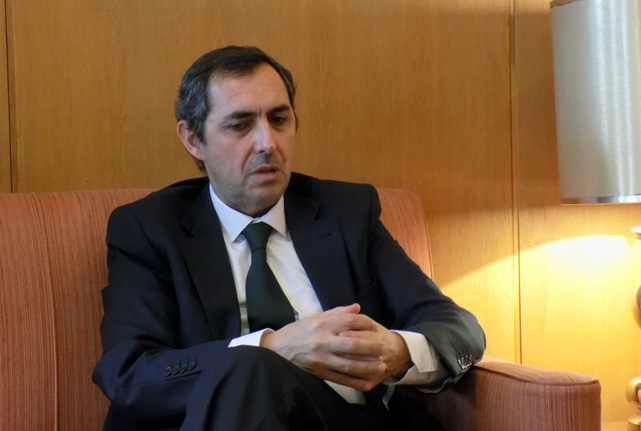
EV: Usually, you have appointments to some country if you are known for your love of it. Because if you love something you can deal with it with greater success. What were the reasons to send you here?
P.V. Pinheiro: We have a system, you give your preference and the Ministry decides. Sometimes it decides according to your wish, sometimes you have to go to the other place. Back in 1998 I was in Washington, US but had put Moscow as a preference.
I think for Europeans it is possible to have a dialog with Russians, to understand there “vision of the world”. Russia is a very big country in terms of diplomacy. I had a special interest because this country is so important. To know Russian views, to start the dialog. Because I was coming for one pole – US, and I wanted to visit the other pole – Russia, the former USSR.
EV: As far as I know, Russian diplomats would prefer a Western European or US appointment then an Eastern European one. If we are talking about prestige. But you preferred Russia. Did your wife and children approve your choice?
P.V. Pinheiro: My children – two girls, 24 and 21 y.o., and a boy, 19 y.o. – they always agree with me, they are supportive. We all discuss together. They discuss everything with me and I discuss everything with them. We have a very transparent relationship. My kids are the biggest supporters of my choices and they all like Russia.
As for my wife, now I’m divorced, but I have a girlfriend who also has kids. She was very supportive of coming here as well. It’s not easy because we have some shuttle. Now I travel to my family, but they are all very supportive, very interested in Russia. Not in Moscow only, but also in Saint-Petersburg, Yekaterinburg, Nizhny Novgorod, Volgograd…
EV: You’ve mentioned US as one of your appointments. What other appointment you had in your career?
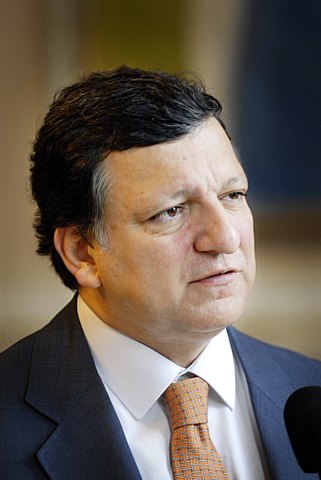
P.V. Pinheiro: I’ve had economic, security and defense appointments in Africa, America and Europe.
My first assignment was not to a ‘classical’ embassy. It was a mission of peace in Angola with Soviet Union and the US. It took me longer than we expected, but the elections took place, the democratic legitimacy was established. It was the first stone in sustainable peace, that came later on.
In my early days as a diplomat I started working with Mr. José Manuel Barroso when he was a secretary of state. The first mission I had, and the most important one, was to bring peace to Angola. Then I was preparing “Troika”: Portugal, Soviet Union, and United States. Portugal had a mediation role there, we had to bring the two superpowers countries to work together in promoting peace. Basically, my first task was to engage with Moscow, and to bring peace to Angola, Africa.
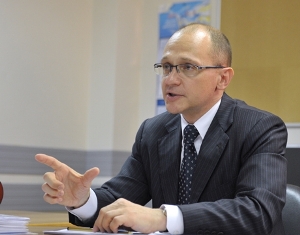
After we signed the agreement in 1991, I became one of the observers working with Troika. So, this is my second time in Moscow. I was here from 1998 till 2002. I’m happy to be here again.
At that time I was very-very lucky, I had my kids with me very-very young. But it was a very difficult time: crash of economy, crash of ruble. I was here and I saw how difficult it was to withstand economical and financial crisis. I also witness the way President Yeltsin made his choice for Vladimir Putin. And how he managed that difficult time. Chechnya and so on. How the economy started to normalize, to restore.
Then I left to work at our Prime-Minister office, I had a lot of functions there, but in all my functions I kept working with Russia. While working with Barroso, in Brussels, we had to organize mutual summits.
From 1993 to 1998 I was in the US and then moved to Moscow. After Moscow I was a Deputy Director-General in Foreign intelligence, Deputy Director Manager for Foreign intelligence, working with other services including Russia.
Then I went to the OECD, in Paris, as Deputy Ambassador where I was working for this international organization, which deals with economic study, basically with economic policies.
Then I moved back to work for National Defense Policy, I was the first civilian to be Defense Policy Director. In that sense I was also working with Russia in Defense.
I was working also with Mr. Barroso in European Commission as his diplomatic advisor. I prepared meetings for him with Mr. Medvedev. And then I became diplomatic advisor of the Portuguese Prime Minister. I was Ambassador in the OCDE, and was elected as Chairman of External Relations of OECD.
And now I’m back to Russia. I’m glad to see all those cities. They have changed so much.
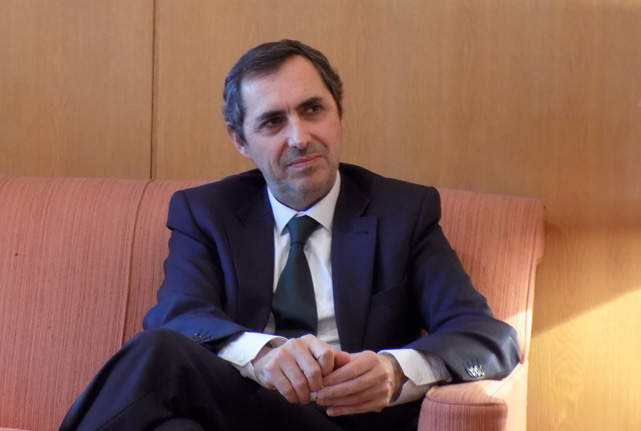
EV: You’ve seen our political elite in Soviet time and in modern time. Did they change their views since then?
P.V. Pinheiro: Many things changed clearly for the better in doing business. Recently Russia moved closer to the champions in “Doing business”, it took 35 position. It is an important rank that reflects a lot.
But I think Portugal and Russia can further expand their collaboration in doing business and in economic diversification.
One of the issues is digitalization. We have program Simplex, we’re at the stage two now. Basically, you can do everything through digital platform: paying taxes, repairing electricity, juridical processes. People in Portugal can open company in less than an hour. This is a kind of thing where we’re the champion – e-government. Recently we had Web summit with 60’000 enterprises-participants.
President Putin said this is one of the main things. This is base of quality of life, including business life.
Another case is trade. Portuguese market is not only Portuguese market. It has huge connection with Africa, Brazil. So, businessmen from Russia and Portugal can easily establish global business together.
Also we have to increase tourism and possibly open new air destination to St.-Petersburg. We’re reducing time of issuing visas.
EV: We have special economic zones; do you support some economic issues for investments?
P.V. Pinheiro: All Portugal is a Special economic zone. We’ve changed dramatically all the investment laws, we’ve liberalized a lot. You can have local market or global market.
We’re supporting chambers of commerce and tourism. And now we have developed tourist infrastructure, hotels etc.
EV: Portugal trade in Russia is too short. For example, your very good shoes are rare.
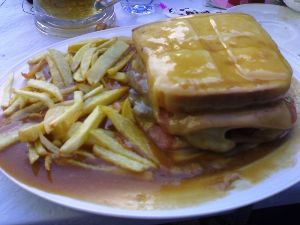
P.V. Pinheiro: I’ll work on bringing goods here, from textile to shoes. We have to do more to bring Russian things to Portugal too.
We should keep the economies opened. Now it is impossible to keep the economy closed. In our days global economy is really interconnected.
And I have a dream to open Portuguese restaurant here, with Portuguese chef. Also we should have more Russian restaurants.
EV: What is Portuguese cuisine?
P.V. Pinheiro: Every one hundred kilometers we have a different cuisine, the gastronomy differs. There are different types of wine. In the last fifteen years the new grapes were developed in Portugal, because we put there very strong investments. We brought grapes from everywhere. This is not a mass wine, it wins wine blind contests.
Portuguese traditional food – it is from codfish to fusions of meat and sea clams – cooked in thousand ways. And this is not expensive at all. This is high quality at low price. Now our cuisine started to expand to Italy, to France, Spain and other countries.
Every one hundred meters we have coffee store. People love coffee early in the morning.
EV: What Russian cuisine do you know?
P.V. Pinheiro: I like very much “blinyees” (pancakes) with salmon, black and red caviar, “smetana” (cream). And, of course, I love “pelmenies”(bigger ravioli), all sorts of them. Now it is also very good wine.
EV: Do you plan any Portuguese events in the nearest future?
P.V. Pinheiro: On December 07 we open the Portuguese exhibition in Museums of Moscow Kremlin named “Lord of the oceans”. There are a lot of Portuguese pieces of art of XVI – XVIII century, from religious to jewelry of the kingdom. It is a combination of paintings that came from Portuguese museums and exhibitions and private collections of London, Paris and others.
I advise to go there to see how much common we have in culture.
EV: And are you interested in sport? Do you go in for sport?
P.V. Pinheiro: Yes, of course. We’re looking forward to the World cup, and we’ve already been here for the confederation. I hope Russia will be also interested in my country because of Cristiano Ronaldo. And my dream is if Russia and Portugal will meet in final game.
